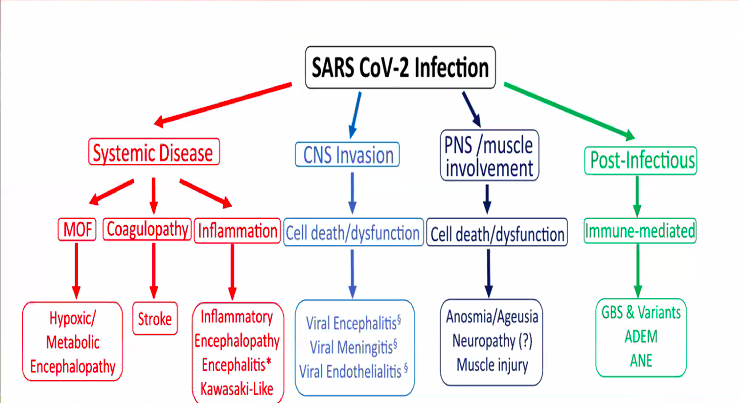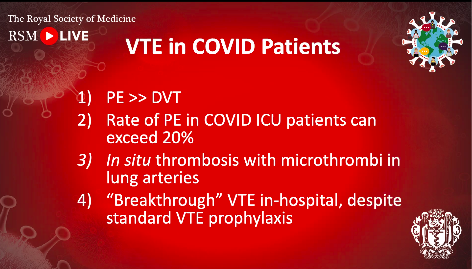The Royal Society of Medicine will be bringing together a group of thought leaders from around the world to share learnings and consensus on some key aspects of the COVID-19 pandemic and its impact on human health. The webinar began at 8.30 pm IST, and is being streamed via the Royal Society’s official website for registered viewers. Leading health experts, as per the event website , will be part of discussions on the coronavirus pandemic, under four key areas:
- Respiratory effects: critical care and ventilation
- Cardiovascular complications and the role of thrombosis
- Impacts on the brain and the nervous systems
- Looking forward: research, vaccines and future management strategies
Experts will share the most effective ways to treat COVID-19 based on research and experience from around the world, and how the pandemic has affected the physical and mental health of patients. Also on the agenda is advice to improve treatment plans and strategies to lessen the impact of pandemics in future outbreaks.
)
)
)

